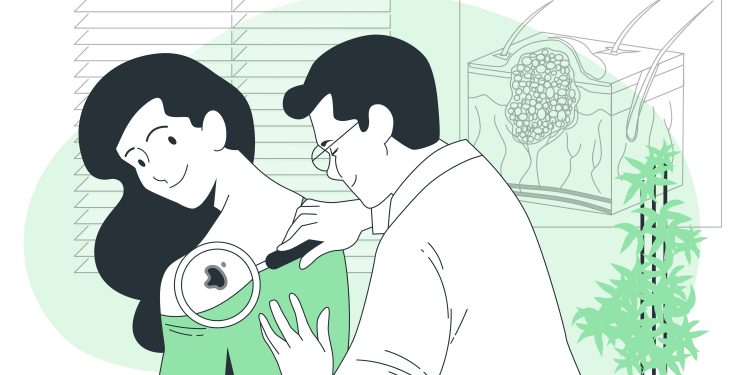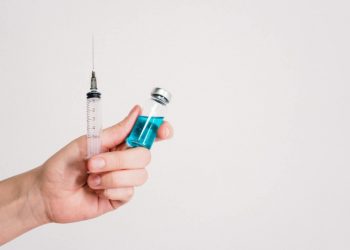Most people don’t think about skin cancer until it’s too late. But, once it appears, there’s little you can do to protect yourself. Fortunately, early detection offers the best chance of curbing its harmful effects. By recognizing signs and symptoms and treating Skin Cancer early, you can significantly reduce your risk of developing the disease.
That’s right, sooner rather than later is the key to avoiding this costly disease. However, even though dermatologists and other skin cancer specialists know that early detection is key to fighting back against this deadly disease, most people don’t know how to detect skin cancers early on to take action sooner. Don’t wait until it’s too late; take action today. Get information on early skin check Gold Coast and its stages here.
There are many reasons why people are at increased risk of developing skin cancer. These include aging, genetics, exposure to ultraviolet rays from the sun, certain medications, and specific cosmetic products (i.e. skin bleaching). While many things can cause skin cancer, they can all be treated and prevented.
Also, people with darker skin are more likely to develop skin cancers. People with European or Mediterranean backgrounds are more likely to develop skin cancers because they’re exposed to the sun’s UV rays longer. Basically, anyone with darker skin can develop skin cancer, even people with very fair skin.
Symptoms:
When skin is exposed to too much of something, some of the ingredients build up inside the skin. The end result is skin that is different from the normal skin you’re used to. These changes range from mild redness to a major Breakout. Several clues can indicate whether you have skin cancer: Redness that looks like a fresh pimple. These are usually the warning signs of acne. Pimples that break out with a cloggy face. This usually happens when acne is hormonal and sebaceous (oil-producing) glands are overactive.
Prevention:
As soon as you realize you have skin cancer, please don’t wait for it to develop. Treatment for skin cancer is expensive and cost-prohibitive for many. However, if you prevent skin cancer, you’ll save yourself a great deal of money in the long run.
You can lower your risk of developing skin cancer by following these steps:
- Use sunscreen with a UV protection factor of 50+ when you’re outside.
- Don’t miss sunburns. Cover it with sunscreen as soon as you feel the pain of a burn.
- Don’t go in the water while you’re sunburned.
- Don’t go into the wind while you’re sunburned.
- Don’t touch your face while you’re sunburned.
- Don’t pick at your burns.
- Don’t go in the sun for long periods without sunscreen on.
Treatment:
There are some treatments available for skin cancers. However, they often come with a price tag and are often prescribed only to those with a proven medical condition. For example, surgical removal is usually a last resort because it’s too expensive, painful, and doesn’t benefit anyone. On the other hand, medications are often recommended first because they are less expensive, less invasive, and tend to work faster. Both methods are aimed at eliminating the cancerous cells from the skin. Rarely are other treatments like toxic chemicals or extreme cold can be used as a last resort.
Conclusion:
Although skin cancer is not something to be taken lightly, it is preventable with a few commonsense steps. By taking these steps, you can greatly increase your chances of preventing this costly disease. Knowing what to look for and how to detect it is key. If you’re not sure whether you should go to the doctor or not, the best thing to do is to get a skin check at Gold Coast. If possible, go to a doctor who specializes in skin cancer. While there are plenty of skin cancer specialists, it’s also important to keep in mind that some doctors may not be as up-to-date on the latest skin cancer treatments.







